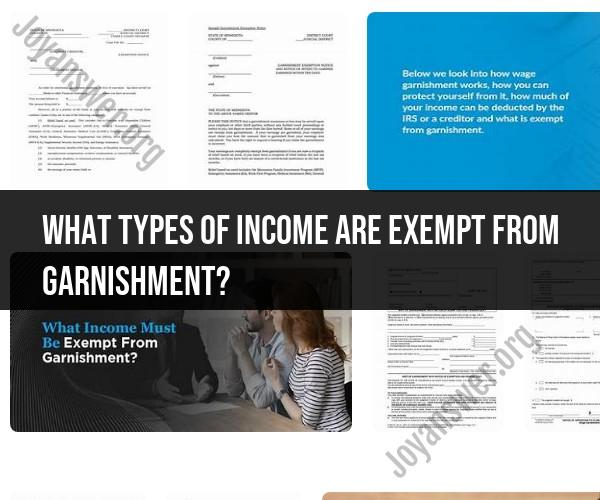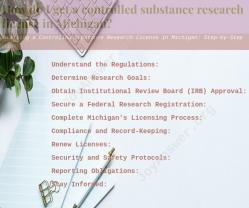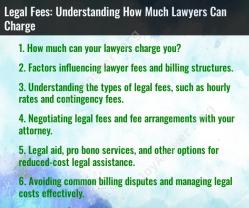What types of income are exempt from garnishment?
In Virginia, certain types of income are exempt from garnishment, meaning they cannot be taken by creditors to satisfy most types of debt judgments. These exemptions are designed to protect essential income and assets needed for basic living expenses. The specific exemptions may vary by state, so it's essential to understand which types of income are exempt from garnishment in Virginia:
Social Security Benefits: Social Security retirement, disability, and survivor benefits are generally exempt from garnishment. This protection extends to both federal Social Security benefits and Supplemental Security Income (SSI) payments.
Veterans Benefits: Veterans benefits, including disability compensation and pension payments, are exempt from garnishment. This includes benefits received from the Department of Veterans Affairs (VA).
Public Assistance: Various forms of public assistance, such as Temporary Assistance for Needy Families (TANF), General Relief (GR), and certain housing assistance payments, are exempt from garnishment.
Unemployment Benefits: Unemployment compensation benefits are typically exempt from garnishment. These benefits provide financial support to individuals who are temporarily unemployed.
Worker's Compensation: Worker's compensation benefits, which are provided to workers who suffer job-related injuries or illnesses, are generally exempt from garnishment.
Child Support Payments: Income received as child support, alimony, or spousal support is typically exempt from garnishment, as it is intended to provide for the support of dependents.
Retirement Accounts: Qualified retirement accounts, such as 401(k)s, IRAs, and pension plans, are often protected from garnishment. These funds are typically exempt, provided they are not commingled with non-exempt funds.
Life Insurance Proceeds: Proceeds from life insurance policies are generally exempt from garnishment if the beneficiary is a surviving spouse or dependent child.
Public and Private Pensions: Many public and private pension benefits, including those from government employees and private employers, are protected from garnishment.
Earned Income Tax Credit (EITC): The EITC is a federal tax credit designed to assist low-to-moderate-income individuals and families. It is typically exempt from garnishment.
It's important to note that while these types of income are generally exempt from garnishment in Virginia, there may be exceptions or specific circumstances that could impact the exemptions. Additionally, certain debts, such as child support, federal taxes, and student loans, may have different rules regarding garnishment.
If you are facing a garnishment situation or have questions about the specific exemptions that apply to your income, it's advisable to consult with an attorney experienced in debt collection and garnishment laws in Virginia. An attorney can provide guidance on your rights and help you navigate the legal process effectively.












